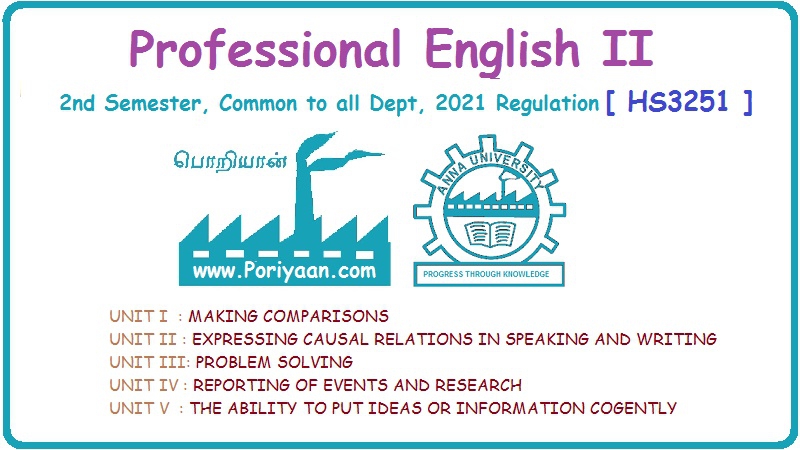Professional English: Grammar: UNIT 3
Conditional Clauses
Grammar
Simple present tense in the subordinate clause is followed by simple future in the main clause. This kind of 'If sentence is used if the condition is possible to fulfill.
CHAPTER - 14
CONDITIONAL CLAUSES
If
clauses:
Type 1: OPEN
Simple
present tense in the subordinate clause is followed by simple future in the main
clause. This kind of 'If sentence is used if the condition is possible to
fulfill.
Eg:
If
we work hard, we will succeed.
If
I swim fast, I will cross the river before flood.
If
her friend at least listens to her worries, she will be relaxed.
If
I find your misplaced purse, I will hand it over to you.
If
you consume herbal water, you will feel healthy.
Type 2: UNREAL CONDITION
Past
tense in the subordinate clause is followed by present conditional in the main
clause. This kind of 'If sentence is used if the condition is imagination.
Eg.
If his language was excellent, he would write books.
If
J were the Prime Minister of India, she would help the poor.
If
Jack wrote the exam, he would pass.
If
she ate apples, her skin would appear fresh.
If
my cousin was rich, he would own mines or harbour.
Type 3: CLOSED/IMPOSSIBLE CONDITION
Past
perfect in the subordinate clause is followed by perfect conditional in the
main clause. This kind of 'if sentence is used if the condition is not possible
to fulfill and the action is already completed.
Eg.
If
X had gone to the station, he would have met Y.
If
pharmacist had given medicines, she would have been cured within a few days.
If
Mahesh had not read newspaper, he would not have answered that question.
If
Maha had seen Neya, she would have waved her hand.
If
Arvind had gone to alumni meet, he would have met his classmates.
IMPORTANT:
Don't mess up with the pattern of 'If clauses.
Professional English: Grammar: UNIT 3 : Tag: : Grammar - Conditional Clauses
Related Topics
Related Subjects
Professional English II
HS3251 2nd Semester 2021 Regulation | 2nd Semester Common to all Dept 2021 Regulation
